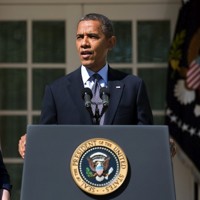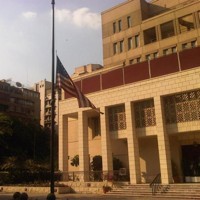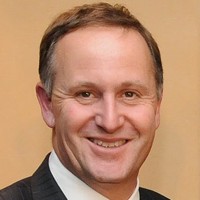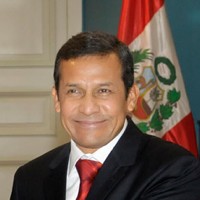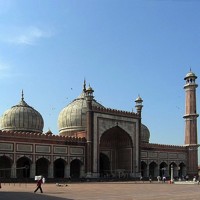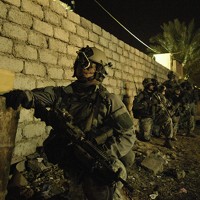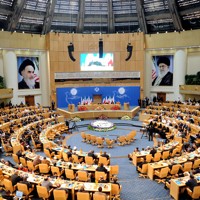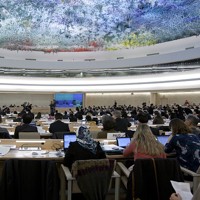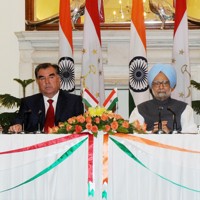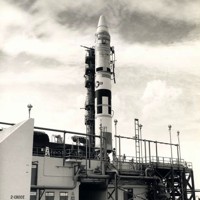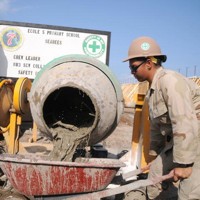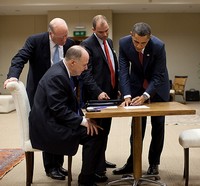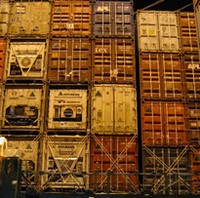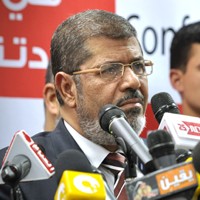
Days after demonstrators stormed the U.S. Embassy in Cairo, Egypt, and the U.S. Consulate in Benghazi, Libya, a wave of anti-American protests has swept through the region. For now, the demonstrations targeting U.S. embassies remain limited in size and scope, and if previous episodes of similar reactions to perceived slights against Islam are any indication, they are likely to fade relatively quickly. Nevertheless, as expressions of the anti-American sentiment that pervades the region, the protests highlight the challenges facing Washington as it tries to navigate the changing political landscape of the Middle East. Before examining those challenges further, however, it […]

